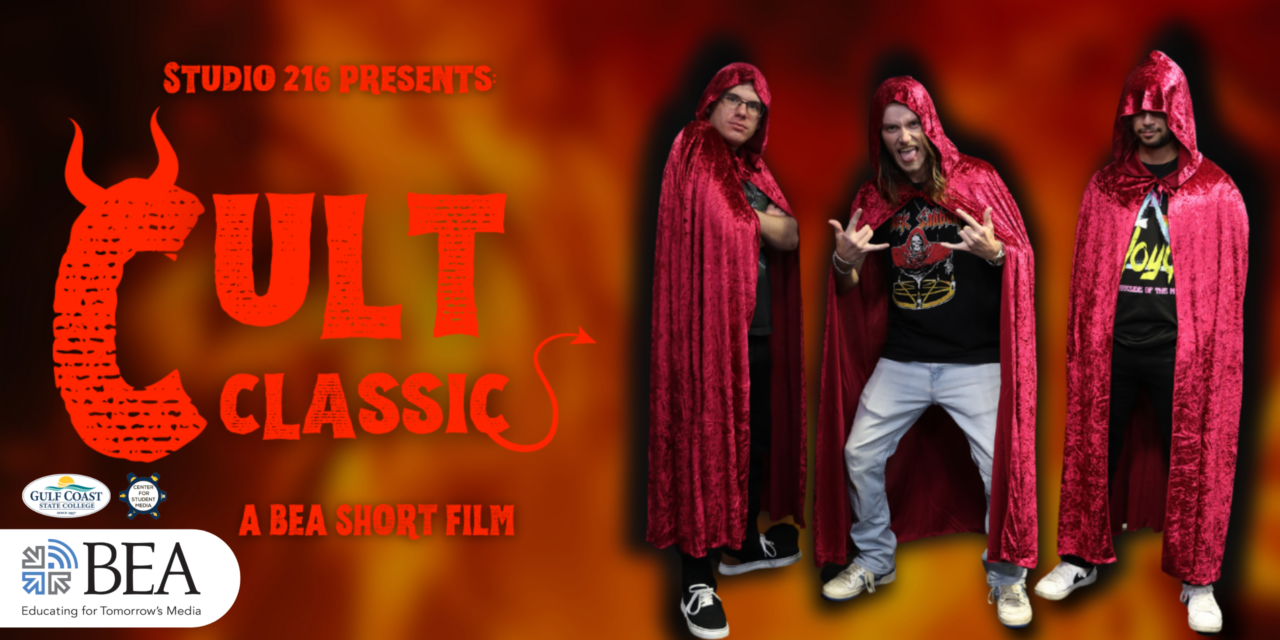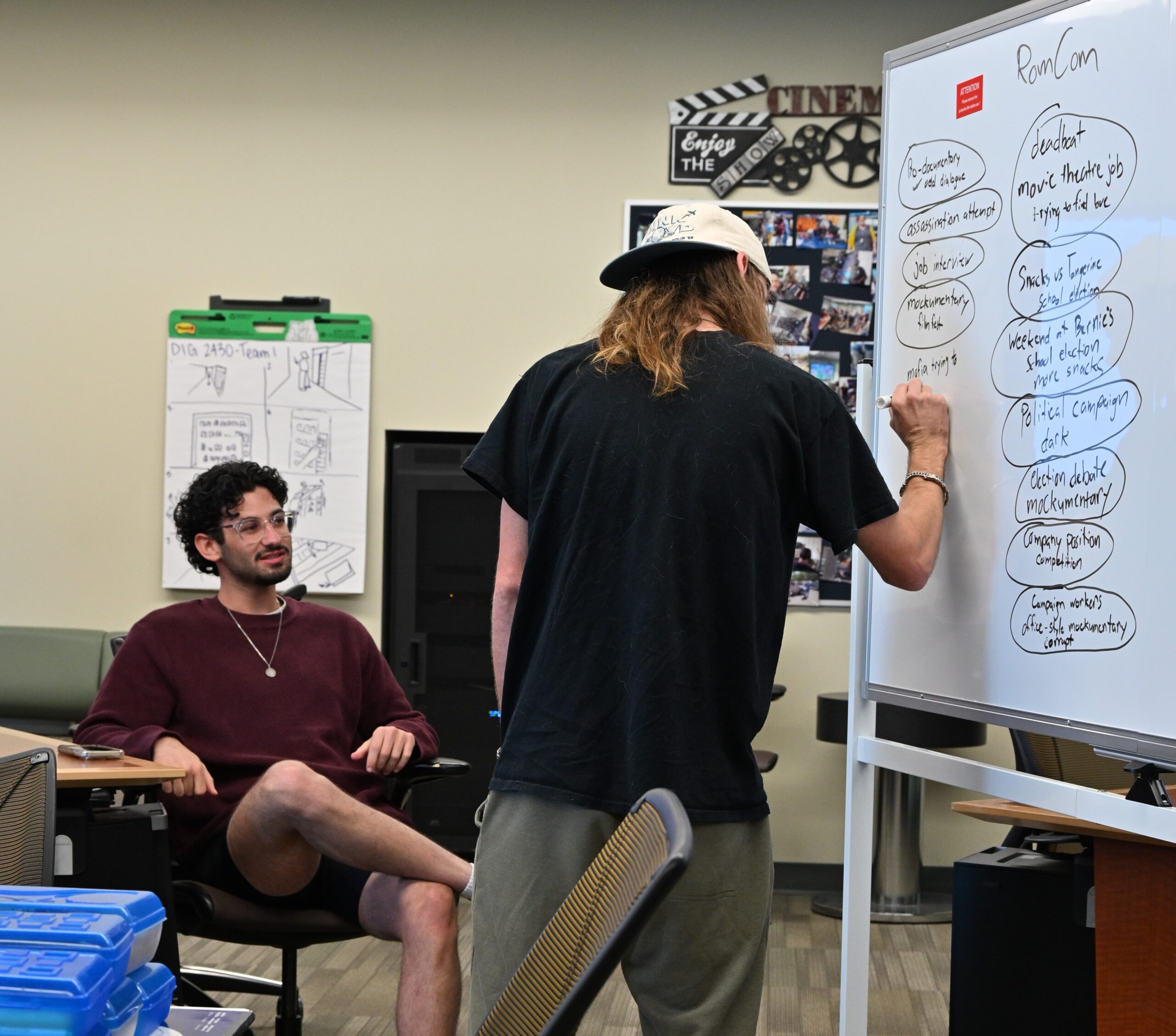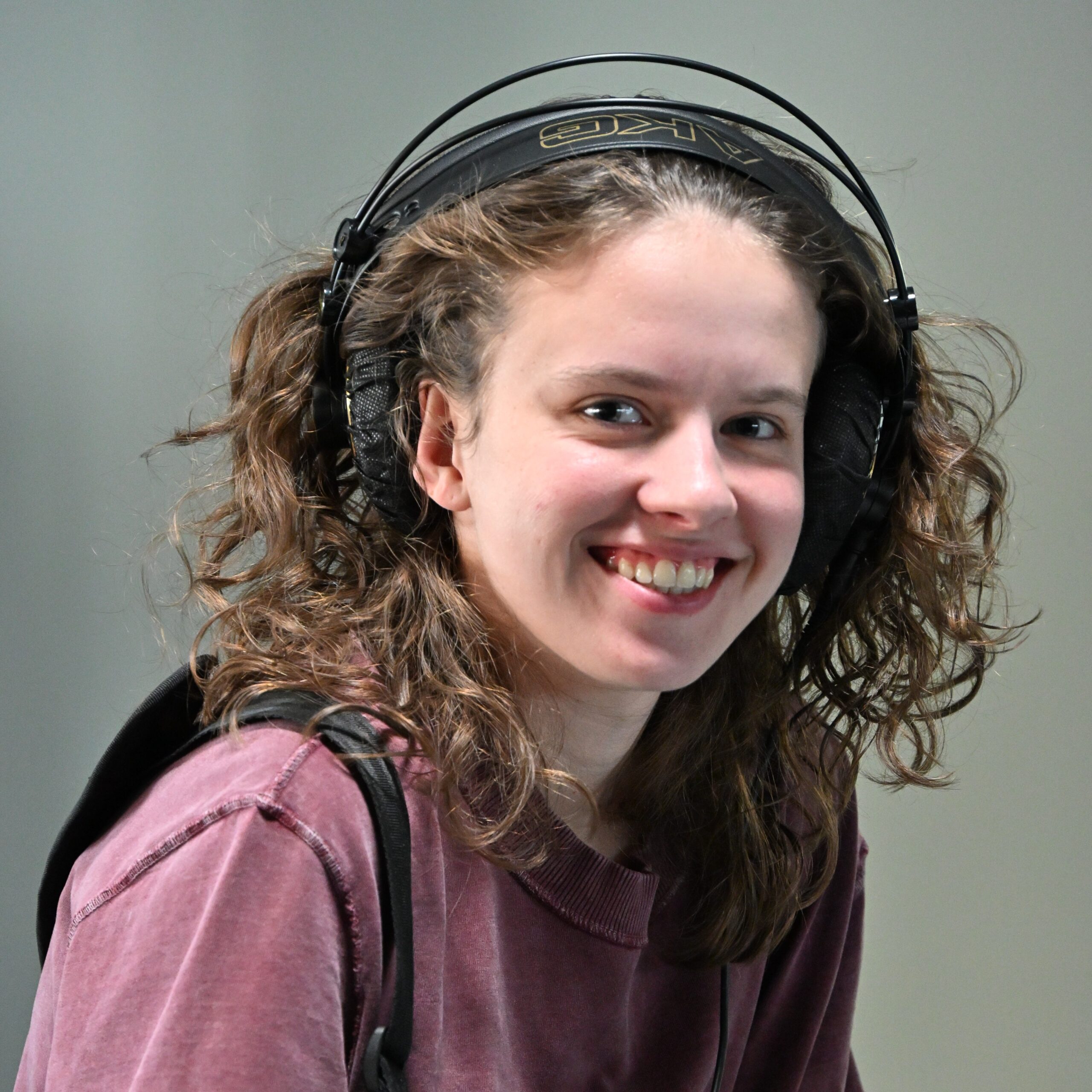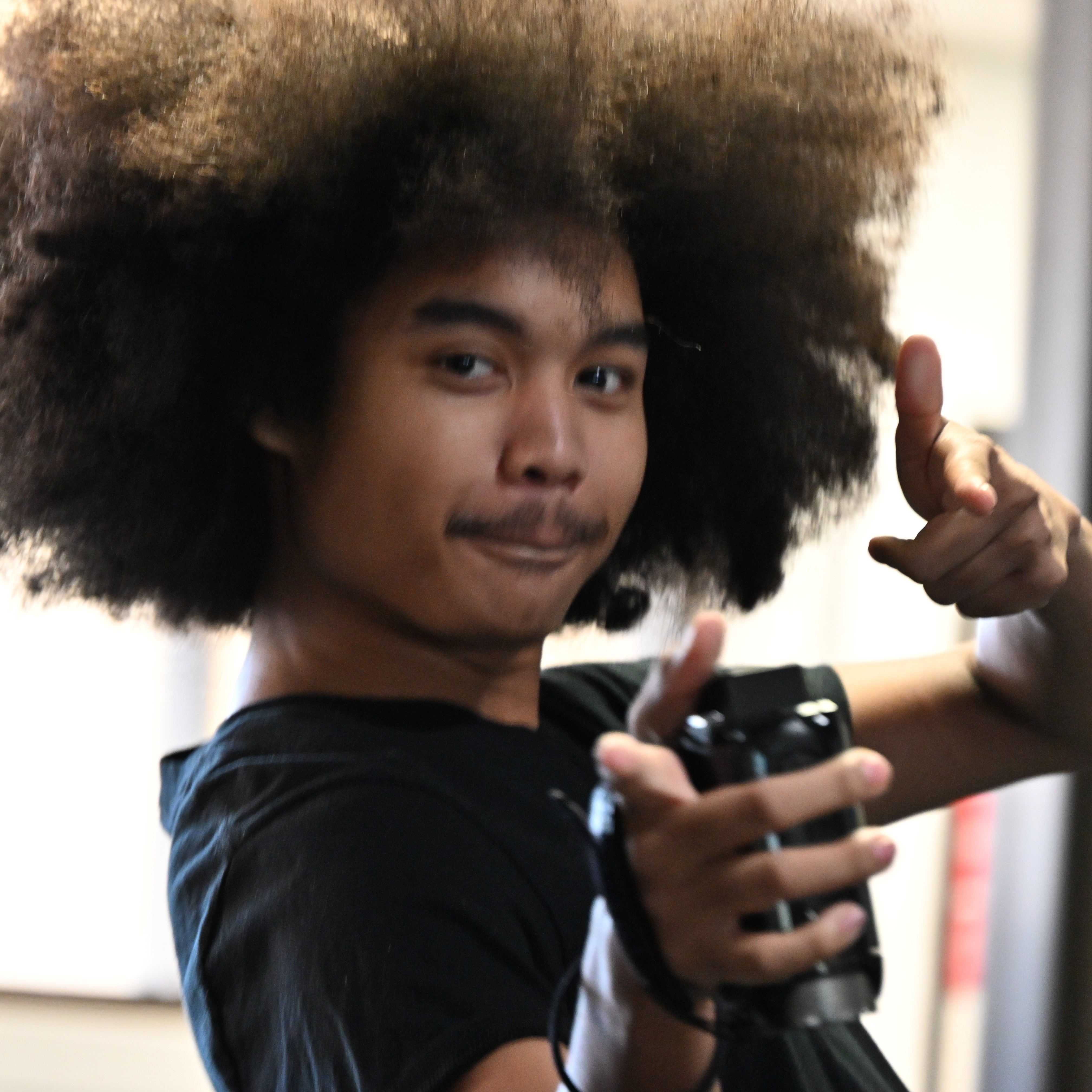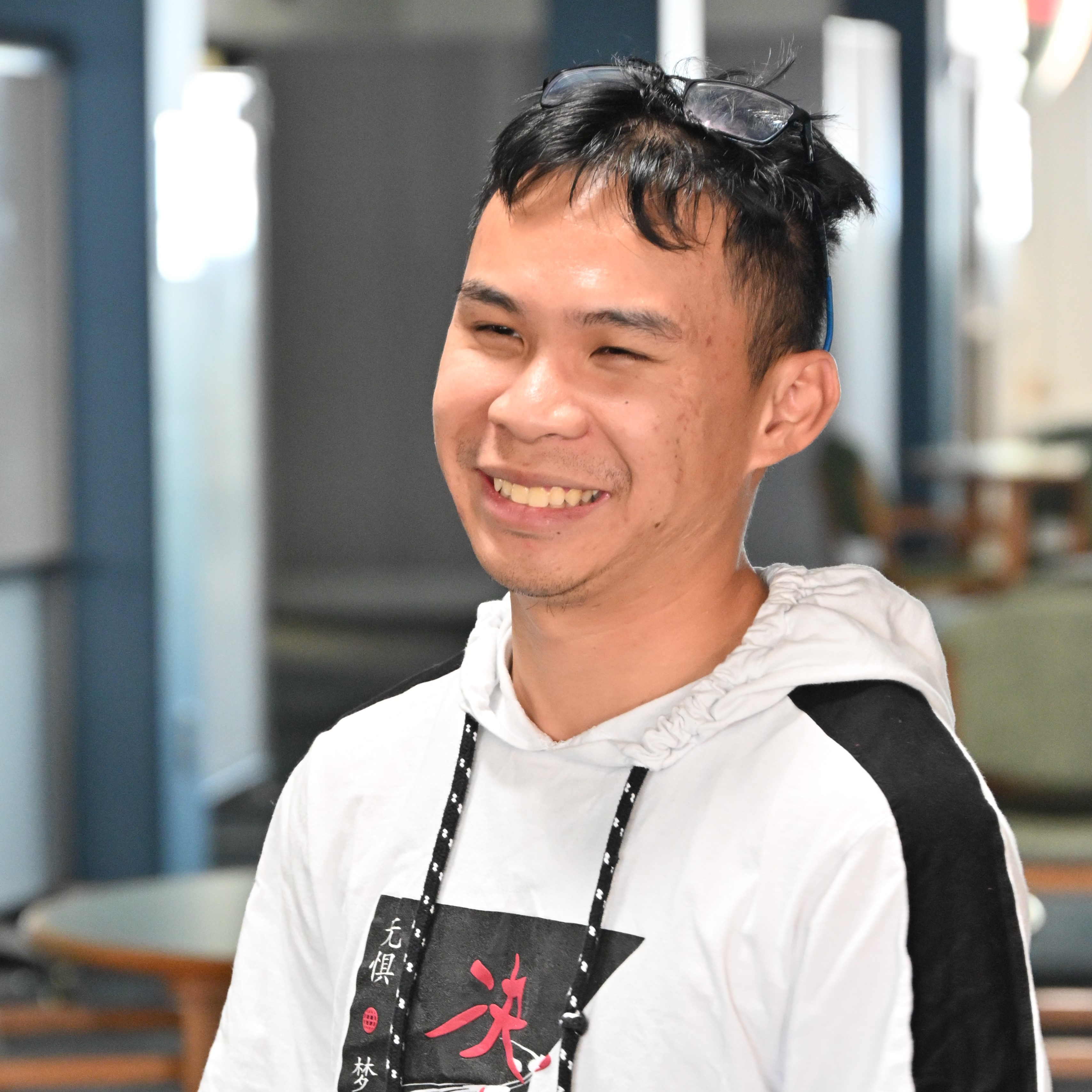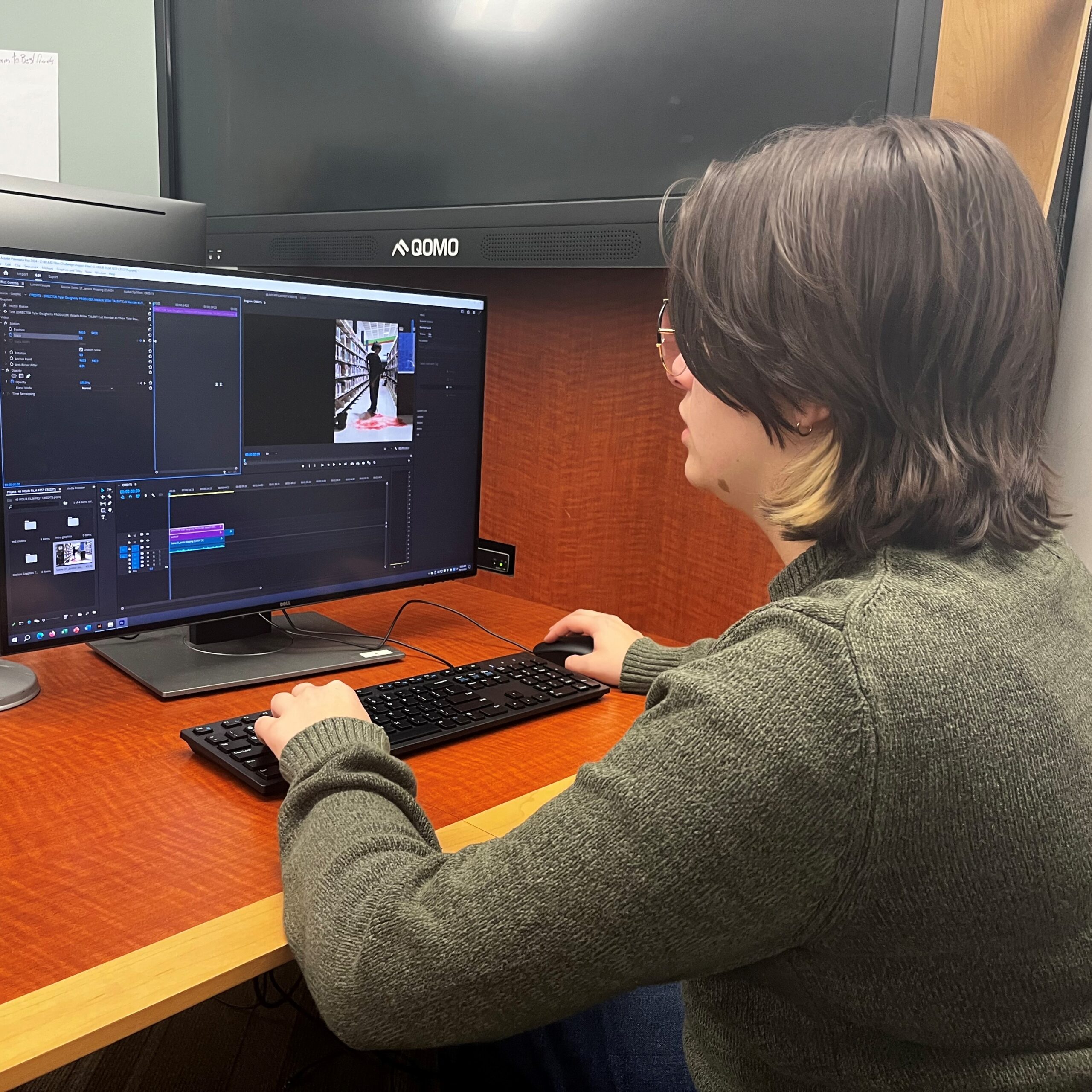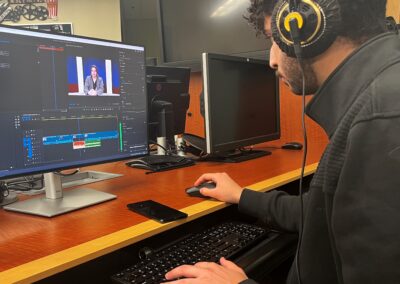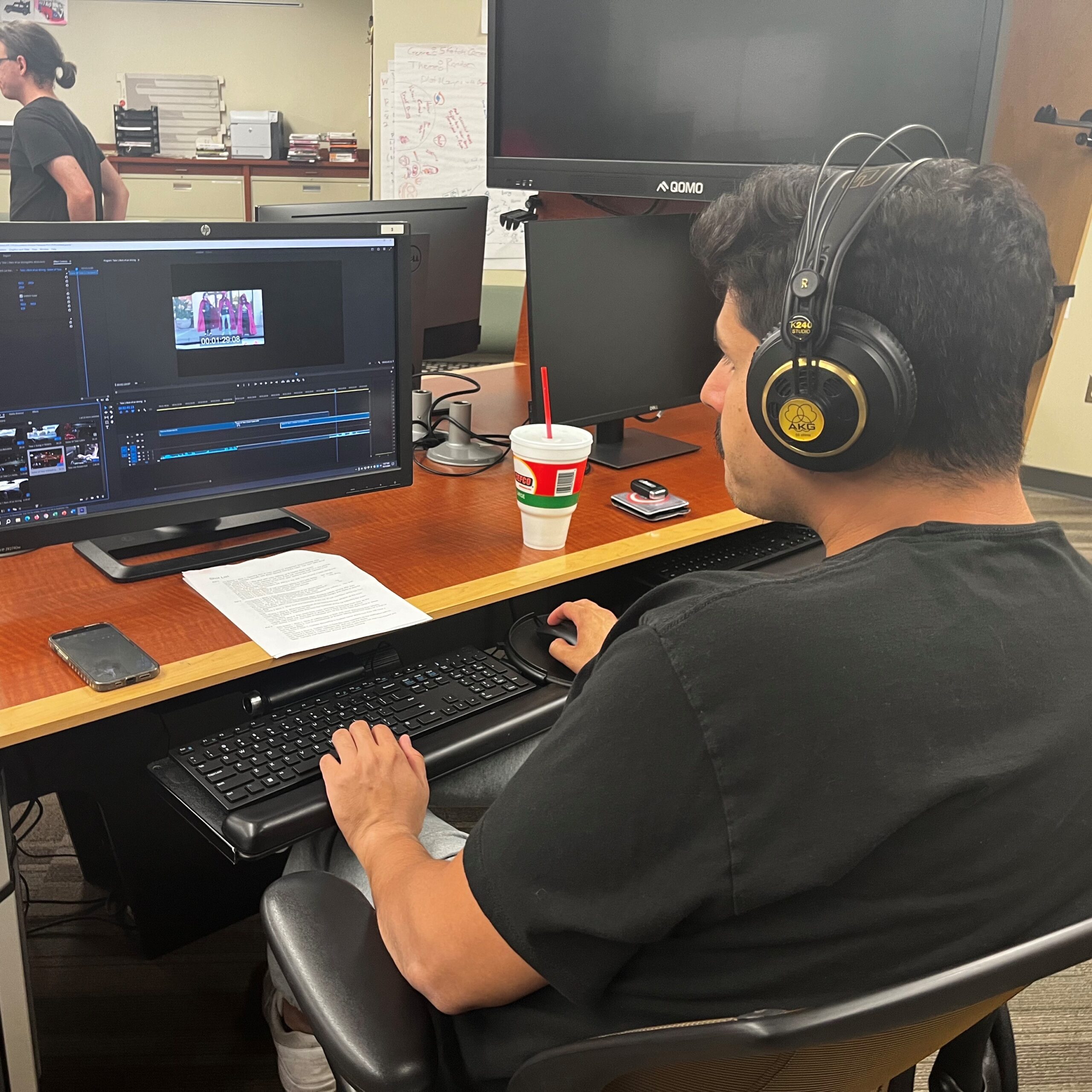It Is An Election Year After All
After just two days of planning, filming, laughter, and stress, Gulf Coast State College’s Digital Media students successfully completed their 2024 entry for the Broadcast Education Association (BEA) 48-Hour Film Competition. This annual competition takes place during the fall semester each year and was held this year from October 11 to 13, 2024.
Building on the momentum of receiving an Award of Excellence for their 2023 submission, our Commodores aimed to surpass last year’s achievement.
With a new leader at the helm, ten Digital Media students stepped up in 2024 for another sleepless weekend, eager to showcase their potential and creativity. This year, under the new name Studio 216, the team featured a mix of determined faces, both new and returning to the project: Logan Libby, Joshua Lake, Malachi Miller, David Carson, Luke Brown, Zavien Primm, Rebecca Starke, Keesley Walker, Jason Pham, and team leader Tyler Daugherty.
Senior Ospreys On Deck
Our three veteran filmmakers—Rebecca, Keesley, and Tyler—were thrilled to see such enthusiastic interest from their peers in this year’s project. However, they were a bit disappointed that the team size limit prevented them from including more participants. Several other Digital Media students expressed interest in joining, but with the team capped at 10 members, they were surprised to find themselves in the rare position of having to turn people away.
With a combination of prior experience and the team’s overall expertise in the media industry—spanning various mediums such as audio, video, live production, and graphic design—our students felt more than comfortable tackling the challenge of producing a short film in just 48 hours.
New team leader Tyler (right) writes down a variety of the team’s suggestions, while Luke (left) provides feedback at his side.
“Something I enjoyed the most was the brainstorming process with the information given to us, and hearing everyone’s ideas to make one grand plan. I would say the most challenging part of it was that it was a struggle to get back into the process of filming because we are all good friends just having fun with the whole thing.”
Hey, I’m Snacks! Want A Donut?
The pre-production process for this short film hit the ground running as soon as the students received their prompts on Friday afternoon. In true fashion to last year’s competition, the required production elements—genre, line of dialogue, prop, and character name—were all randomly assigned, ensuring that every team in the competition worked with the element of surprise. This approach provided an excellent opportunity for students to challenge their ability to stay flexible and think on their feet.
Our students quickly got to work, hosting an open whiteboard pitch and brainstorming session that stretched late into the evening on Day 1. Every team member contributed equally to the ideas and concepts discussed. The primary challenge was crafting a story concept that would: 1) be funny enough to make the judges laugh (given the comedy genre assignment) and 2) stand out as uniquely different from other teams’ submissions, avoiding the immediate clichés that often come to mind when considering the provided production elements.
“The BEA project was super fun, and I fully recommend anyone who wants to work on film or any type of production to try it out at least once. Working with all the other students who were just as passionate just made the entire project fun and enjoyable. And I loved using everything we learned from the colleges lessons practically, from cameras to editing to even acting as talent, we had enough people to let everyone do a role they were passionate about while still contributing.”
Welcome to Cult Club!
The team reconvened the next morning, ready to turn their planning into action. They began by assembling their production kits, spending several hours preparing equipment, organizing shot lists, and developing storyboards to ensure everyone was aligned on the film’s structure. An added challenge at this stage was ensuring that every aspect of production was adequately covered. With eight of the ten students appearing on camera as talent during the film’s production, the team needed to implement a system of rotation and role-swapping to maintain a smooth workflow, ensuring that behind-the-scenes roles were always filled, regardless of who was on tape at any given moment.
Noon on Saturday marked the start of Day 2 of the competition, and by 9:30 p.m. that evening, the students officially called a wrap on production. Now came the hardest part: post-production.
I Dropped My Baja Blast
The post-production process is often the most time-intensive stage of filmmaking, and the students encountered their own challenges here. After the production crew wrapped for the night, trading places with their more night-owl peers, a calm settled over the Digital Media classroom. The daytime buzz of eager chatter and laughter was replaced by the quiet rhythm of swift keystrokes and the occasional sleep-deprived yawn.
The students brought an innovative approach to their editing process. Sticking to the Three-Act Structure established during pre-planning, they dedicated three computers to each of the respective acts and worked in an efficient round-robin style. Once the trio of editors felt their sections were polished to the best of their abilities, they swapped projects, allowing fresh eyes to refine the edits and bring new perspectives. This system ensured steady progress while preventing fatigue or creative tunnel vision.
By 2 a.m., the dedicated night team had nearly completed the project, and by 3:15 a.m., they finalized and rendered a combined version of all three acts.
That’s a Wrap
Still not satisfied with their work, six of the ten students chose to return later in the morning—just two hours before the film needed to be submitted for a mock screening. Here, they made any final revisions they deemed necessary, each offering sleepy yet sincere pats on the back and a shared sense of accomplishment. Throughout every stage of production, at least half of the team remained present, engaged, and eager to put in the work, no matter the time of day or the level of fatigue. Their dedication was evident across all aspects of the process, from planning to editing, ensuring that every detail was carefully considered. By the time they left the classroom, they felt a profound sense of accomplishment, fulfillment, and, of course, exhaustion.
More information about the Broadcast Education Associations Film Competition and rules can be found here.
Images provided by Caleb Jordan, BAS Instructional Coordinator of Digital Media Program at GCSC.
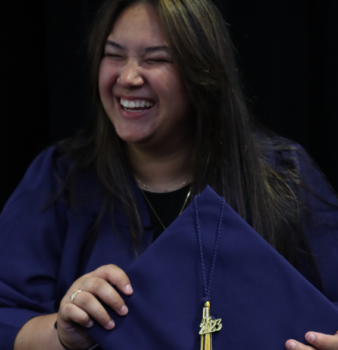
Daniela "Danie" Oestreich
Assistant Professor, Digital Media at GCSC
As a graduate student at the University of Florida and current Assistant Professor of Digital Media at Gulf Coast State College, Daniela often has her nose buried in a book. She is always looking for opportunities to practice her writing by covering student projects, and promoting collegiate collaboration.

